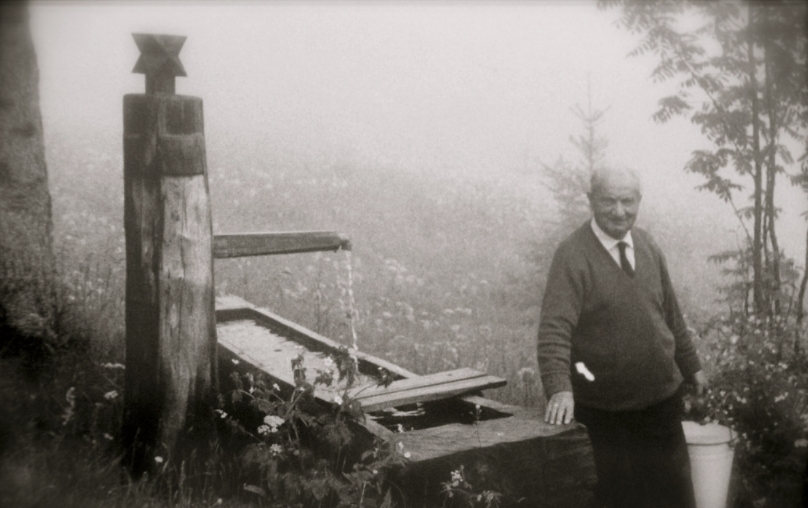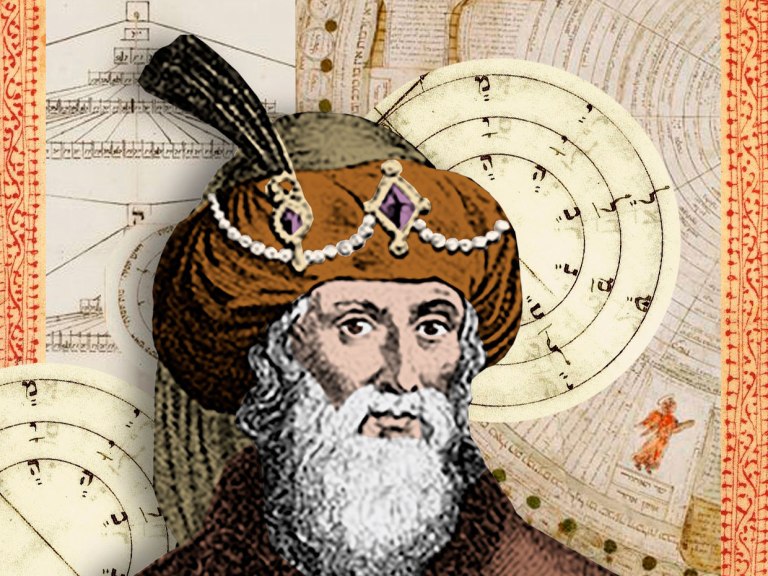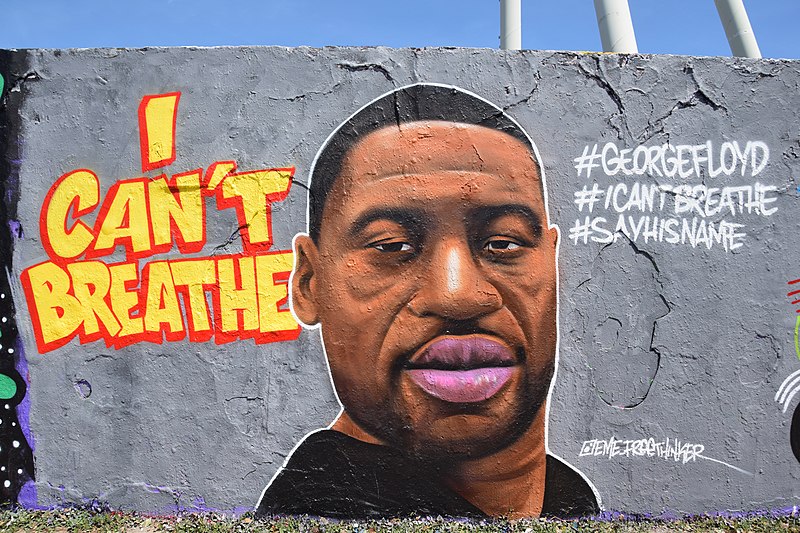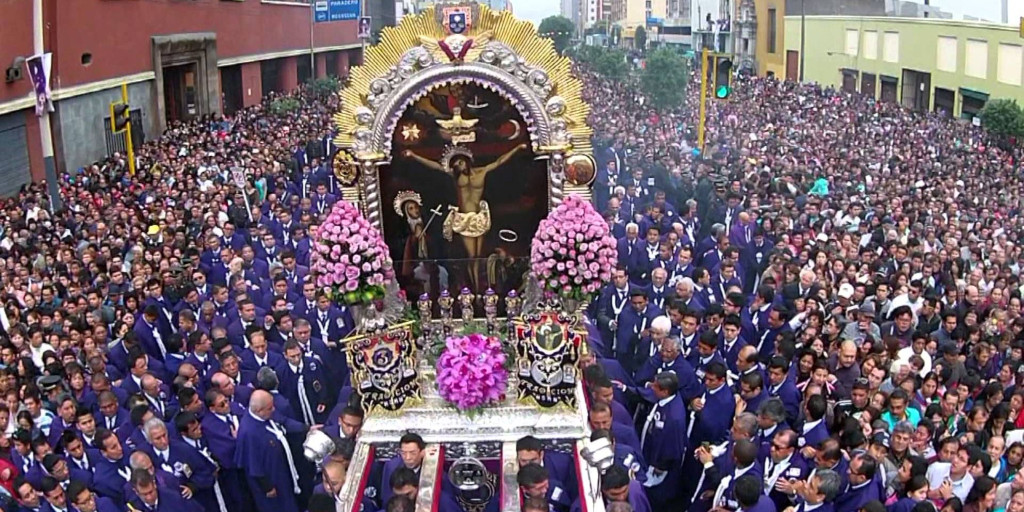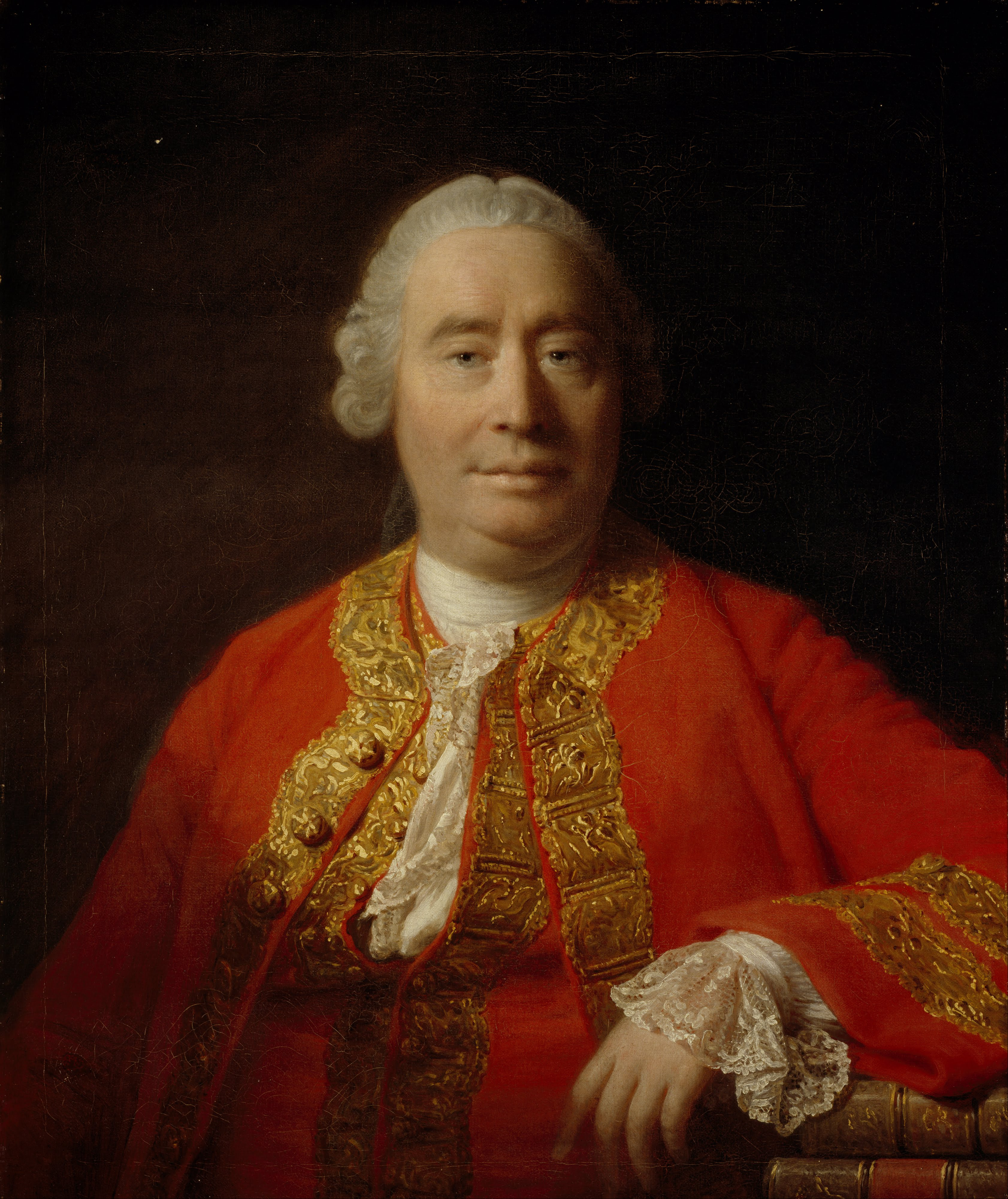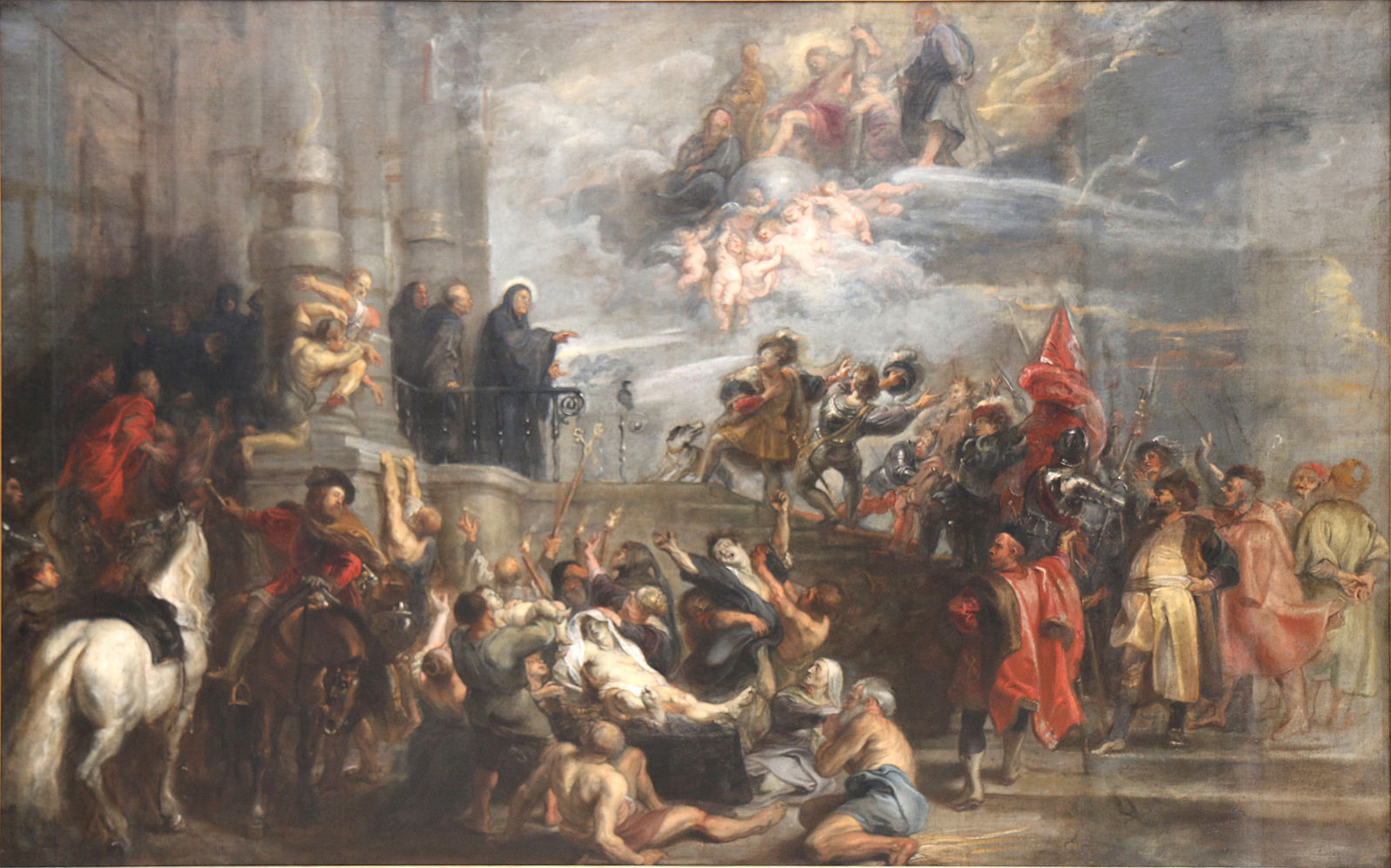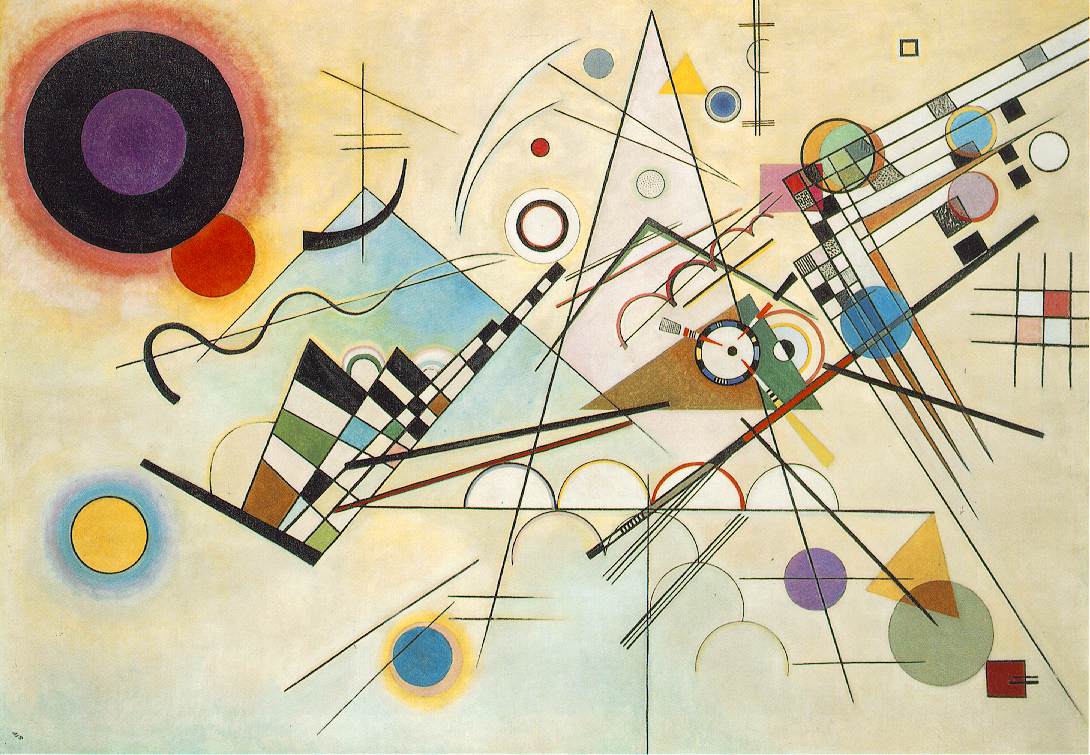The following is the third of a three-part series. The first can be found here, the second here. Derrida’s suspicion of and discomfort with the seemingly politically-motivated dogmatism that we see guiding Heidegger’s understanding of spirit leads us into the common interpretations of Derrida’s religious thinking as being about a sort of theological indiscretion, an […]
Philosophy of Religion
Geschlecht III – Authentic Faith, Religion, And Politics In Derrida’s Readings of Heidegger’s “Geist”, Part 2 (Jake Sirota)
The following is the second of a three-part series. The first can be found here. At this point Derrida’s appraisal of Heidegger’s Introduction to Metaphysics becomes crucial, for if, as Derrida says, “the Address relaunches and confirms the essential elements of Sein und Zeit, so the Einführung [Intr. to Meta.] repeats the invocation of spirit […]
Geschlecht III – Authentic Faith, Religion, And Politics In Derrida’s Readings of Heidegger’s “Geist”, Part 1 (Jake Sirota)
The following is published in three installments. Jacques Derrida’s prolonged and intimate proximity to the thought of Martin Heidegger has played a significant role in the understanding and debate of Derrida’s religious inflections and in the theorizing of the relationship between deconstruction, religion, and politics in general. This proximity becomes particularly clear in the treatment […]
The Unbroken Middle: Overcoming The Empty Sacrifices Of Modernity With Gillian Rose And Paul, Part 2 (Michael C. Raubach)
The following is the second of a two-part series. The first can be found here Is it not true, though, that many individuals of different races, creeds, and identities do live together in our cities? Against the backdrop of everyday life is there not a true plurality of subjects and ways of being? According to […]
The Unbroken Middle: Overcoming The Empty Sacrifices Of Modernity With Gillian Rose And Paul, Part 1 (Michael C. Raubach)
The following is the first of a two-part series. In her 1992 masterpiece, The Broken Middle, the philosopher Gillian Rose explored what she saw as a baleful crisis of ethics in modern political discourse playing itself out in the malaise and violence of contemporary urban life. Rose believed the root of this crisis was a […]
The Religious Significance Of Miracles – Why Hume’s Critique Is Superfluous, Part 3 (Alberto Urquidez)
The Sense of “miracle” That Matters Surprisingly few commentators have advanced this basic criticism against Hume’s argument. One glaring exception is the Wittgensteinian philosopher of religion, D. Z. Phillips.[1] In The Problem of Evil and the Problem of God, Phillips puts things this way: “In the case of certain miracles, it is a necessary condition […]
The Religious Significance Of Miracles – Why Hume’s Critique Is Superfluous, Part 2 (Alberto Urquidez)
The following is the second of a three-part series. The first can be found here. The question I shall now consider is this: If not all miracles are religious miracles, how does Hume differentiate the two? How does he determine that, for two Humean miracles M1 and M2, the former is religiously significant and the […]
The Religious Significance Of Miracles – Why Hume’s Critique Is Superfluous, Part 1 (Alberto Urquidez)
The following is the first of a three-part series. The argument from miracles seeks to prove that a religious deity (such as God) exists on the premise that only God could have caused a miracle to occur. David Hume’s “Of Miracles” has proven to be the most important philosophical essay on this argument. In his […]
The Irreducible (Jean-Luc Marion)
Translated by Jason Alvis I. That which forbids the question Of that which we cannot speak, must we remain silent? Probably—especially if we understand why we cannot say anything about it, and have good reason for not speaking. If there is no good reason to talk about it, then we should stay silent. Yet without […]
The “New Hegel” And The Question Of God, Part 3 (Gavin Hyman)
The following is the last installment of a three-part series. The first one can be found here. The second one can be found here. As Thomas A. Lewis reminds us, the terms ‘God’, ‘spirit’ and ‘Absolute’ are synonymous for Hegel, the specific word used being dependent on the context in question (religion, philosophy and generic, respectively). […]

